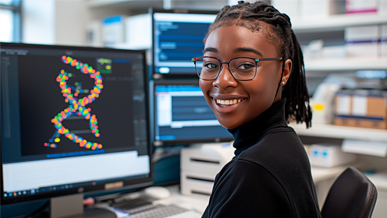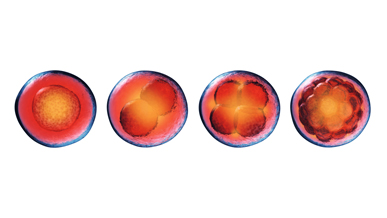Mentored Research involves working directly with a faculty member on a specific research project. These research experiences will help you deepen your understanding of biological principles while simultaneously building a strong resume. Together these will enable you to be successful, whether your pathway leads you to professional school, graduate programs, government work or even career not directly related to biology.
We strongly encourage you to get involved in mentored research as early as you can! The first step is to find what sparks your curiosity and find a professor who shares it. Professors have dedicated a large part of their lives to research, and enjoy passing their skills and passion to new students. View the different research areas our faculty are involved in. You can find also find more information about our professors' research interests and contact information.
Once you’ve identified a potential mentor, be proactive in investing time in studying the faculty’s research, journal articles, etc., and be prepared to ask questions and comment on his/her research. As you become more involved in a research lab there is also the opportunity to earn credit. You will be eligible for research credit (494R), for every 1 credit.
Students conducting independent research can also consider pursuing "The Graduation Distinction in Undergraduate Research and Creative Works".
Learn more the Graduate Distinction in Research.
Find additional resources about undergraduate research.
Not all labs will have immediate funding to support all the interested undergraduates. UVU offers many funding opportunities for undergraduate researchers. Talk to your mentor, reviewing funding opportunities below, and look into the various options, including: URSCA, TEELS, etc. and SAC.











